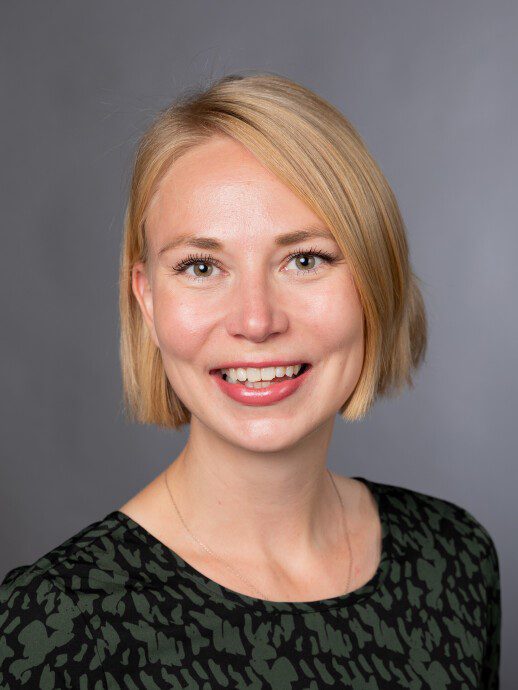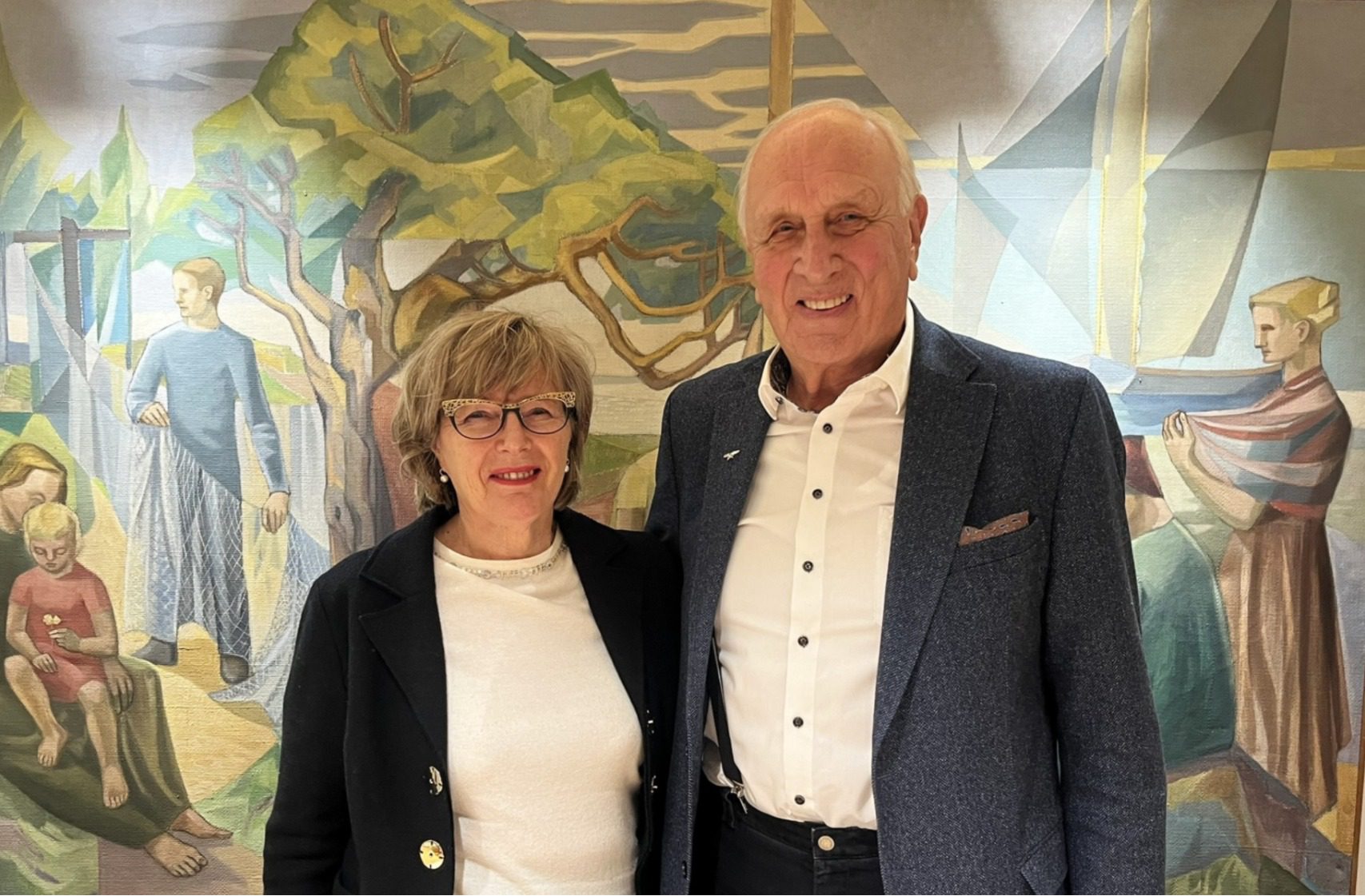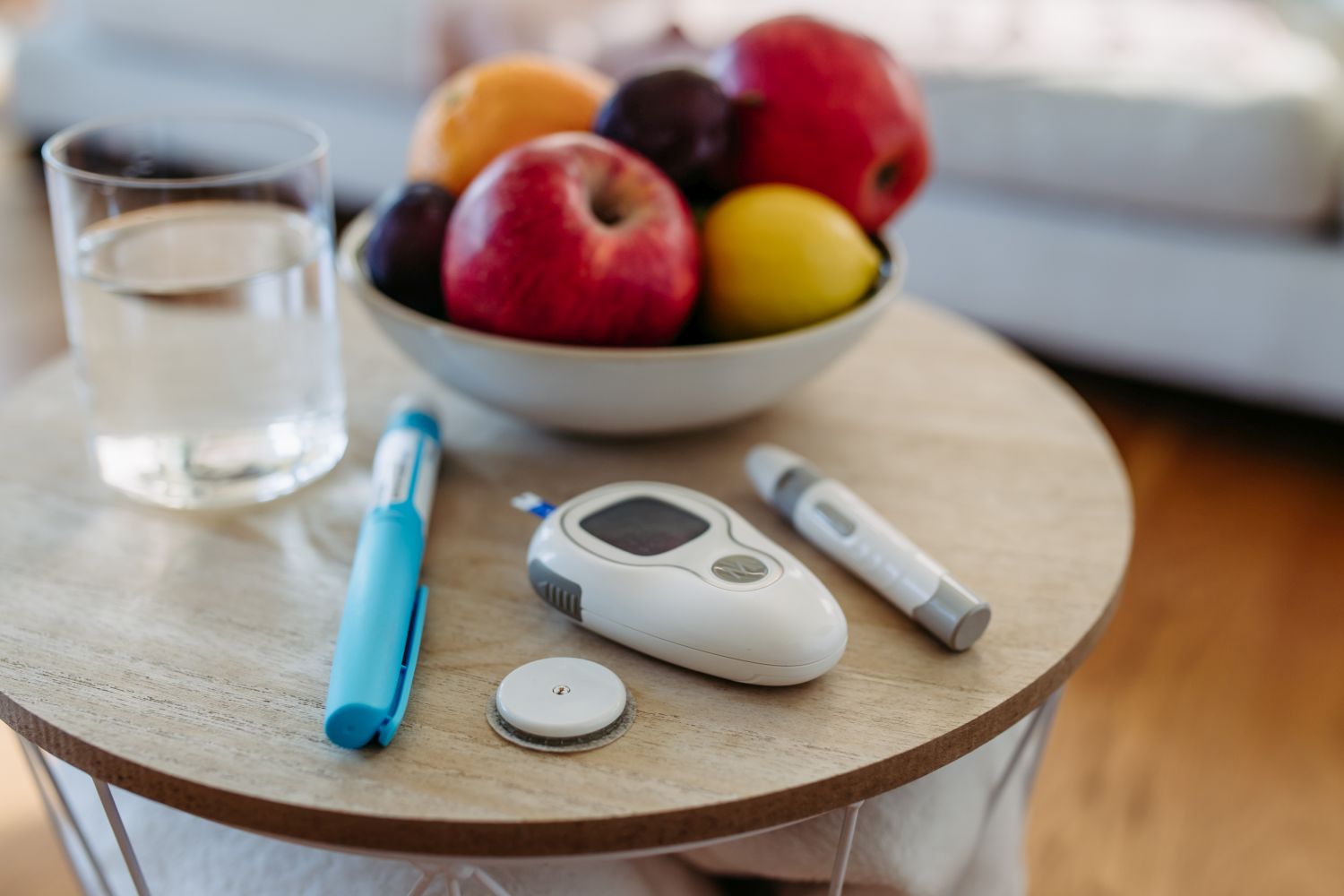Taru Garthwaite’s doctoral dissertation in clinical physiology and nuclear medicine was examined at the University of Turku in September 2024. In July 2024, she presented her research at the 29th Annual Congress of the European College of Sport Science in Glasgow. The TYKS Foundation enabled her participation with a travel grant.
“Sitting for too long is harmful to your health. Making small choices and adding mobility to one’s everyday life, instead of sitting for long periods of time, may have an impact on the health of people who engage in little physical activity. Strenuous exercise is not always necessary. Reducing the time one spends sitting while adding even light physical activity may benefit a person’s metabolism, even if their level of fitness or weight does not change or they don’t meet the recommendations for daily physical activity. Even the smallest increases can make a difference.”
Garthwaite’s own sports background has inspired her choices as a researchers, first in nutrition and sports medicine, and most recently as a doctoral researcher at the University of Turku since 2021.
I’ve always been passionate about health and sports. During my 20-odd years in competitive basketball, I became interested in the impact that diet and exercise can have on one’s health, both in and out the court. I also wanted to know how the body behaves physiologically during physical activity. I started by studying nutritional science and achieving my dream of playing college basketball in Florida, as the US is full of great opportunities for combining high-level competitive sports with studying. After that, it felt natural to continue with a master’s degree programme in sports medicine at the University of Jyväskylä, and then in postgraduate studies in clinical physiology at the University of Turku.

Garthwaite discovered her dissertation topic through her master’s degree research internship and thesis project.
Studying the physiological effects of sitting, which plays a prominent role in our everyday lives, is important for promoting health. Lifestyle diseases are a major public health issue, so it’s vital that we examine the impact that different lifestyles and everyday choices can have on our health. Sitting has been identified as being harmful to one’s health, but much more research is needed on the subject so that, in addition to recommendations on physical activity, we can issue sitting-related health advice that will benefit the public.
Garthwaite’s doctoral dissertation is part of a joint project between the Turku PET Centre (a Finnish National Research Centre organised by the University of Turku, Åbo Akademi University, and Tyks) and the UKK Institute.
The measurement process involved a large number of researchers from the different departments and units of the University and Tyks (e.g. clinical physiology and nuclear medicine, biomedicine, biostatistics). The chief researcher of the project, and my dissertation supervisor, is Docent and Academy Research Fellow Ilkka Heinonen, and my second supervisor is Professor Juhani Knuuti, who is the director of the PET Centre. My dissertation’s core group also included three other doctoral researchers.
The conference in Glasgow
The Annual Congress of the European College of Sport Science is a world-renowned and major event for all those involved the field of international sports science. It attracts thousands of participants and hosts a huge number of presentations from top researchers and experts from around the world. One of the conference’s main features is its prestigious and rigorous competition for young researchers, in which I participated. Although my abstract, which focused on the effects that a reduction in sitting can have on sugar metabolism in adipose tissue, did not advance beyond the first stage, it was an honour to present my research to an international audience.
I’ve previously spoken about the results of my research at 12 national and international conferences. I’ve also participated in the American College of Sport Science’s Annual Meetings, which are similar to the Glasgow conference, in Denver and Boston. It’s been interesting to see how the field is perceived in both the United States and Europe.
Conferences and scientific events are an essential part of a researcher’s career, as they are vital for disseminating research knowledge, learning, gaining new experiences, and networking.
It was real shame when the coronavirus pandemic hit at the very start of my doctoral dissertation process, as it meant staying at home and participating in virtual events. That’s why I’m now so keen on participating locally, as I feel that discussions, encounters, and new acquaintances are what make conferences worth attending.
Major international events typically feature so many interesting sessions and presentations at the same time that it can be difficult to make choices.
I mainly focused on presentations that centred around energy metabolism, the health impacts of mobility, and physiological mechanisms. It was really valuable to be able to hear the latest research knowledge in sports sciences. In addition to learning new things, watching other people’s presentations, and networking, the conference provided me with a valuable experience in speaking to an audience, as I was able to present the results of my research in the sports & diabetes session. Although I’ve spoken at several conferences, I’ll always remember Glasgow as my most successful presentation to date. One of the biggest gains was that I was able to practice my presentation skills while also learning about the latest happenings in the field. These experiences helped me prepare for my dissertation defence, which was held a couple of months later.
All in all, it was a memorable, rewarding, educational, and inspiring conference trip that gave me new insight and enthusiasm for the start of my research career. The TYKS Foundation’s grant, which covered my participation and travel fees, played an important role in making this trip a reality.
In addition, when and if you have any free time, a conference is a great opportunity for getting to know a new place and culture. Whenever we’re travelling, the doctoral researchers in our group typically like to go on hikes in national parks and watch local sports events.



